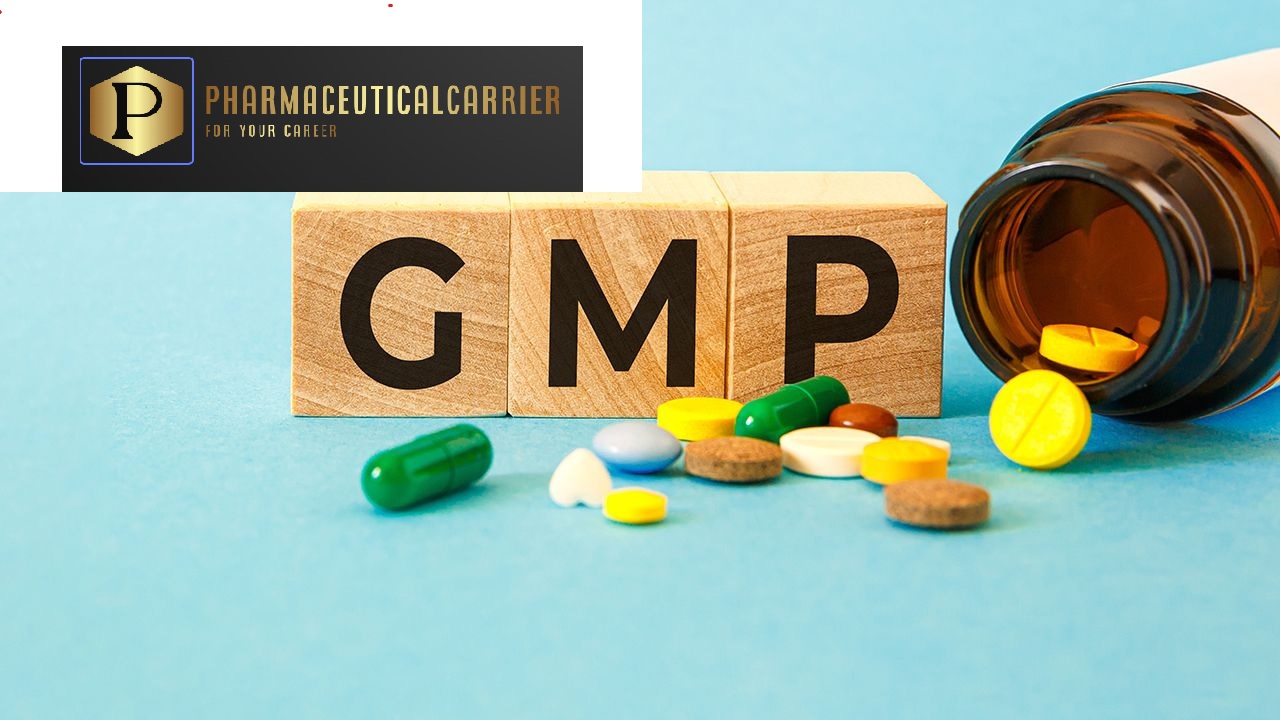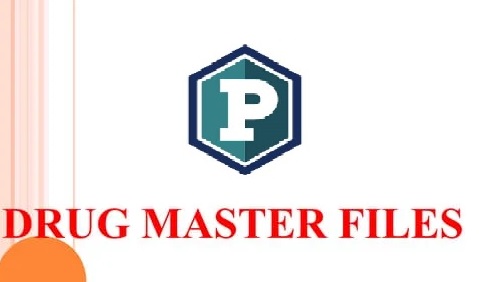Data integrity is the backbone of reliable information in various industries, ensuring that data is accurate, consistent, and unaltered throughout its lifecycle. In the context of pharmaceuticals, data integrity is particularly critical, impacting everything from research and development to manufacturing and regulatory compliance. This involves preventing and correcting errors in data, maintaining its quality, and safeguarding against unauthorized alterations. Whether it’s avoiding mistakes in dosage calculations or ensuring compliance with stringent regulatory standards, a commitment to data integrity is paramount for upholding the safety of products and the trust of consumers. Employing technologies like blockchain, automated validation processes, and stringent quality controls, industries strive to minimize risks, promote transparency, and foster a culture of continuous improvement in data management practices. In essence, data integrity is not just a regulatory requirement; it’s a fundamental aspect of delivering accurate, safe, and high-quality products and services.
- Home Archive by category "Pharmaceutical Guidelines"
Pharmacareer accurate data, avoiding mistakes, continuous improvement, cybersecurity, data integrity, health solutions, leadership role, medicine safety, Pharmaceuticals, regulatory compliance, technology in healthcare
Pharmacareer Biologics production, Drug manufacturing, FDA regulations, GMP certification, GMP compliance, GMP standards, GMP training, Pharmaceutical guidelines, Pharmaceutical industry best practices, Pharmaceutical manufacturing, pharmaceutical quality assurance, Pharmaceutical Quality Control, quality control, regulatory compliance
“Discover the secrets of successful pharmaceutical manufacturing and GMP compliance. Learn how to optimize your processes for quality, safety, and regulatory adherence in the pharmaceutical industry. Gain insights into best practices and industry standards.”
Pharmacareer Current Good Manufacturing Practices (cGMP), Drug Manufacturing Approval, Drug Manufacturing Compliance, Drug Manufacturing Guidelines, FDA Inspections, Pharmaceutical Industry Standards, Pharmaceutical Quality Control, Pharmaceutical Regulations, USFDA Audit, USFDA Regulatory Process
Explore the intricate USFDA audit process for drug manufacturing approval. Delve into regulatory oversight, facility inspections, and compliance evaluations in this comprehensive guide to ensuring pharmaceutical safety and quality.
Pharmacareer Biotech Industry, Case Studies, Data Accuracy, data integrity, Data Manipulation, Data Security, Ethical Practices, Healthcare Innovations, Healthcare Quality, Innovation in Pharma, patient safety, Pharma Research, regulatory compliance, Reliable Research, Reproducible Research, Research and development, Research Ethics, Scientific Credibility, Trustworthy Data
“Discover the pivotal role of data integrity in pharmaceutical R&D. Explore its impact on research credibility, patient safety, and regulatory compliance. Learn from real case studies and understand why upholding data integrity is essential for driving reliable innovation in the healthcare industry.”
Pharmacareer audit preparation, audit process, clinical CRO audits, clinical research, Compliance, continuous improvement, corrective actions, data integrity, ethics in research, GCP, investigator training, quality assurance, Regulatory guidelines, trial management, vendor oversight
Embark on a comprehensive journey of clinical CRO audits with our 100-question guide. Uncover the intricacies of trial management, data integrity, and compliance. Learn how to conduct effective audits, foster collaboration, and drive continuous improvement. Explore the essential steps for a successful audit process and ensure the excellence of clinical research endeavors. Access the complete guide now.”
Explore the impact of FDA regulations on the healthcare industry in this comprehensive article. Learn about the FDA’s role, approval processes for medical devices and drugs, safety measures, compliance challenges, and the effects on healthcare providers and consumers. Stay informed about recent developments and future trends. Read now!
Pharmacareer deviation management, equipment calibration, interview preparation, jobs in pharma, pharmaceutical industry, Pharmaceuticals, pharmacy education, quality assurance, quality control, quality risk management, SOP
Preparing for a quality assurance or quality control interview in the pharmaceutical industry requires a comprehensive understanding of the principles, techniques, and regulations involved. This article provides a comprehensive list of possible interview questions to help you prepare effectively and confidently. It covers topics such as the importance of QA and QC, key differences between them, regulatory compliance, documentation and recordkeeping, standard operating procedures, quality control techniques, compliance with regulatory agencies, managing non-conformances and corrective actions, ensuring product quality and safety, and continuous improvement initiatives. By studying these topics and familiarizing yourself with the FAQs provided, you will be well-equipped to showcase your knowledge and skills during your interview.
Pharmacareer Benefits of Clinical Trials, Clinical Trial Statistics, Clinical Trials, Phases of Clinical Trials, Recruitment in Clinical Trials, Risks of Clinical Trials
Discover the different types of medical studies and their significance, from observational to clinical trials.
Learn what a FDA 483 is and its impact on your business. Read this article to understand the difference between a FDA 483 and a warning letter.
A Drug Master File (DMF) is a comprehensive document submitted to the US Food and Drug Administration (USFDA) to support the safety and effectiveness of a drug. This article explains what it is and why it’s important.









